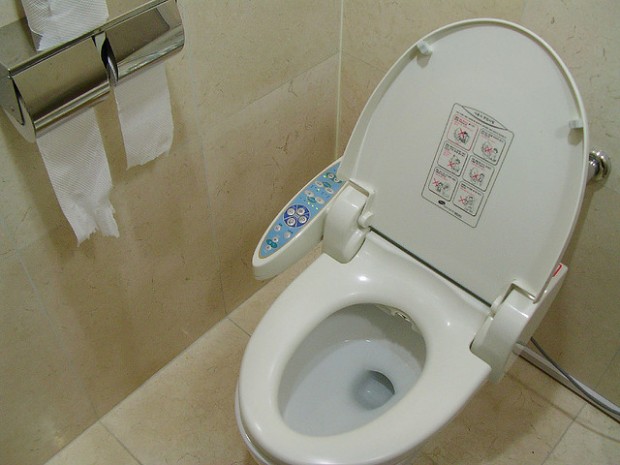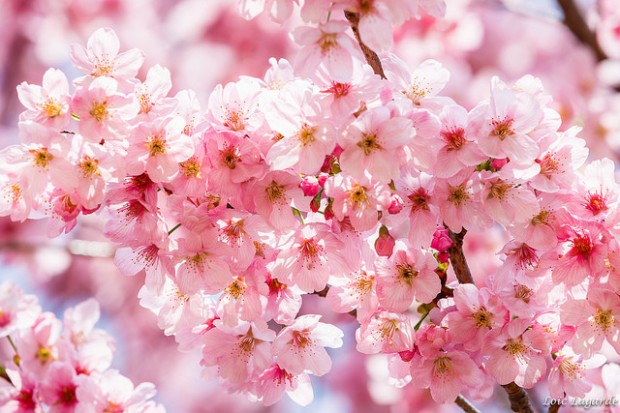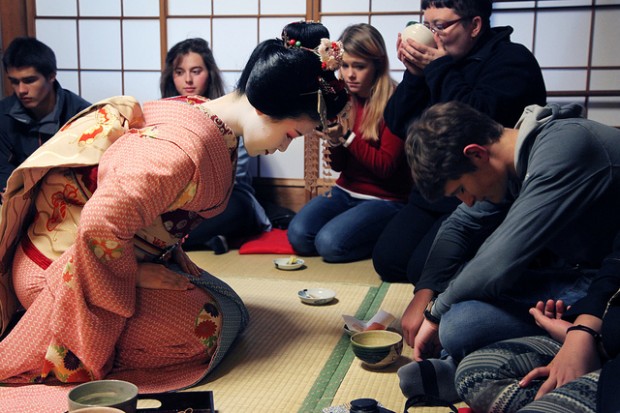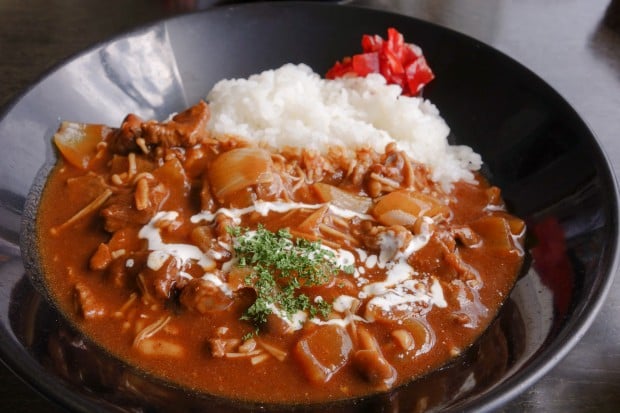Japan is on many people’s travel bucket list – and for a good reasons. It is a country full of quirks and intricacies, and with a rich culture too. Here are a few travel tips to keep in mind before you head off to the land of the rising sun.
1. Learn basic Japanese phrases
There is no need to get fluent in Japanese before you go. But knowing a few simple phrases is not only polite, but can be very useful. Most Japanese guidebooks will have a chapter with the most basic sentences – study a few of them on the plane and you are good to go. Asking “where is…” in Japanese will definitely come in handy at some point.
2. Trains are the way to go
If you are an experienced budget traveller, you might think that buses are always cheaper to get from city to city. However, in Japan you should stick to the rails, as buses (although slightly cheaper) will take a lot of time to get anywhere. They are often a nightmare to locate, especially in Tokyo, and will cost you too much time. So forget about them.
3. Embrace 100 Yen stores
If you find that you forgot to bring some travel essentials, fret not. 100 Yen stores (or Daiso) have literally everything you need, and even more things that you don’t. When you see one, you should go in and explore. You might just come out with a few shopping bags.
4. Look up, not just straight
Most travellers are used to looking straight when strolling through a city. However, in Japanese cities (as well as Korean ones) you should look up as well, because not all shops, bar, restaurants and cafes are on the ground floor. Due to space constraints, many shops are actually on the higher levels. So look for the signs and the hidden elevator – there always is one.
5. Experiment with the toilets
 Image credit: Martin Kliehm
Image credit: Martin Kliehm
Japanese toilets have a reputation worldwide. While you will see remote controls and automatized toilet most of the time, occasionally you will find traditional Asian toilet that may require you to bend uncomfortably low. So stay safe – don’t play with the buttons on the remote control or use toilets in which you fear you might fall in. I’m kidding. Just try them out, they’re pretty interesting!
6. Cash over credit cards
Although Japan is an extremely modern country, you might still experience problems when it comes to paying with your credit card. Many shops will still only accept cash payment. Be sure to have always enough cash on you.
7. Skip the tipping
While in other countries, such as America, tipping is generally expected, you don’t need to do it in Japan. If you do, you might actually cause misunderstandings. Most cashiers and waiting staff will run after you, desperately trying to return the extra cash you left on the table.
8. Plan in advance to save
Although Japan has become increasingly accessible to foreign travellers, you still want to book your hotels, trains and admission tickets beforehand. For one, you will save money. On top of that, you will get more out of your trip, as you don’t have to worry about finding out how and where to get the tickets.
9. Pick a season based on your interest
 Image credit: Loïc Lagarde
Image credit: Loïc Lagarde
When to go? It really depends on what you are looking for. Should you in interested in winter sports, then the choice is obvious. Are you planning to go on a hike? Go in the autumn or spring. April is a very good time to be in Japan, as the cherry blooms will show their most beautiful side.
10. Know your earthquake 101
Japan very frequently has minor earthquakes. As kids are already trained in school about earthquake safety, pretty much every Japanese knows what to do. You, on the other hand, might not. Just as a precaution, read up before you go.
11. Get used to be the centre of attention
Tall and blond foreigners still stand out of the crowd in Japan. If that’s you – you better get used to schoolgirls pointing at you or random people wanting to take a picture with you. There is no harm in it; enjoy ‘stardom’ while it lasts.
12. Don’t laugh about all the strange things you see
It is no secret that Japan is full of strange things. However, don’t burst out laughing immediately – especially not in public, and not at people, as it could be considered rude. Observe and try to understand it first.
13. Politeness is not just for locals
Sure, you will be excused for many things because you are a foreigner. But that doesn’t mean you can do whatever what you want. You should know that even if you are rude, nobody is going to tell you off. So use your common sense and be polite. If you don’t know what that means, just observe what other people (locals) are doing.
14. Making sounds while eating
Sometimes the things that seem impolite to foreigners are not actually impolite in Japan. One example is slurping when eating. It is fine to do it. In general you can make sounds while eating, such as ‘ahhh’ and ‘mhhh’ – especially when eating with locals. They will think you liked the food.
15. Don’t stick your chopsticks in your rice bowl
It really can’t be said often enough – don’t stick your chopsticks in your rice bowl, as it will symbolises death. As you will inevitably eat a bowl of rice during your trip, you should keep this in mind.
16. Get used to bowing
 Image credit: THINK Global School
Image credit: THINK Global School
No matter where you go in Japan, you will probably experience someone bowing to you. It will polite to at least acknowledge the other person will a little bow or nod. After all, you are not a visiting royalty, so show politeness in return.
17. Avoid being bare-feet
The bare-feet is considered dirty in Japan. As you will often be asked to take off your shoes, be in a temple or restaurant, you don’t want to embarrass yourself. It is always good to wear or bring along a pair of socks. One tip – make they are clean and don’t have holes.
18. Be prepared to get naked
Although Japan is still a very conservative society in some aspects, in onsens (hot springs) you will find that everybody is naked – and you should be, too. It is a very popular activity, especially when you are staying in a hotel in the Japanese Alps. No need for your bathing suit and bikini, but don’t worry; no one is really interested in how you look naked.
19. Get a map
You might know already that most Japanese don’t speak English very well. Even if they do, they might choose not to talk, as they are afraid of making mistakes. When asking for directions, don’t expect them to answer in English. It is advisable to have a map with you, so locals can point out where you have to go. Trust me – this will get you to your destination faster.
20. There is more food than sushi
 Image Credit: マイコ 相澤
Image Credit: マイコ 相澤
Although Japanese food can be found around the world, it is mostly westernised Japanese food. Most people’s first (and only) association with Japanese food is sushi. However, there is so much more. Don’t be afraid to explore.
Also Read: Underrated Japanese Foods You Must Never Leave Japan Without Trying
Now that you’re ready, time to book a flight to Japan now!






